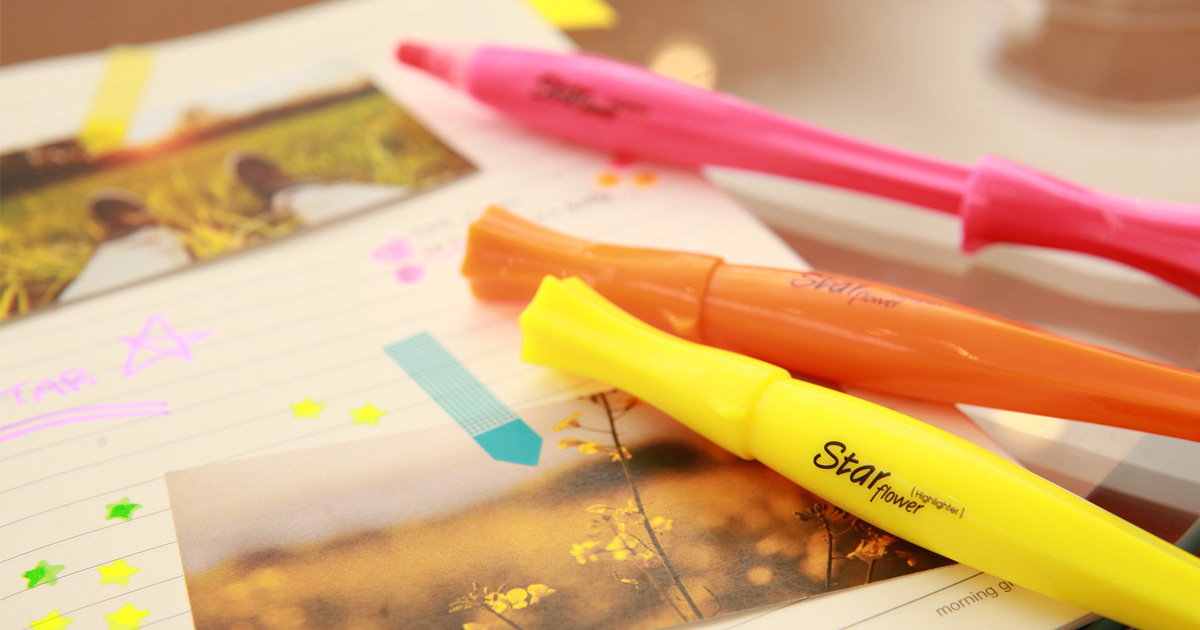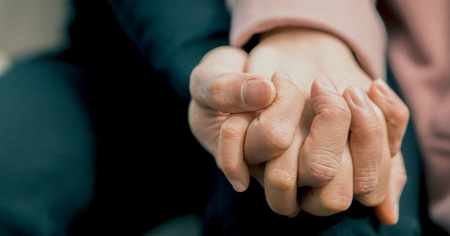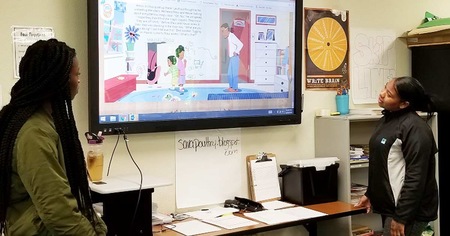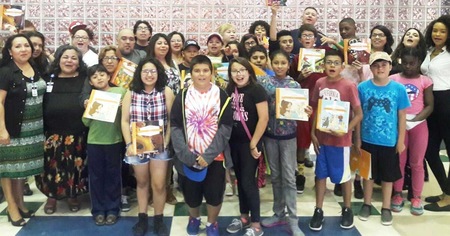Twenty-seven years ago, we did not have an Internet offering unlimited images, posts and videos of far-off places.
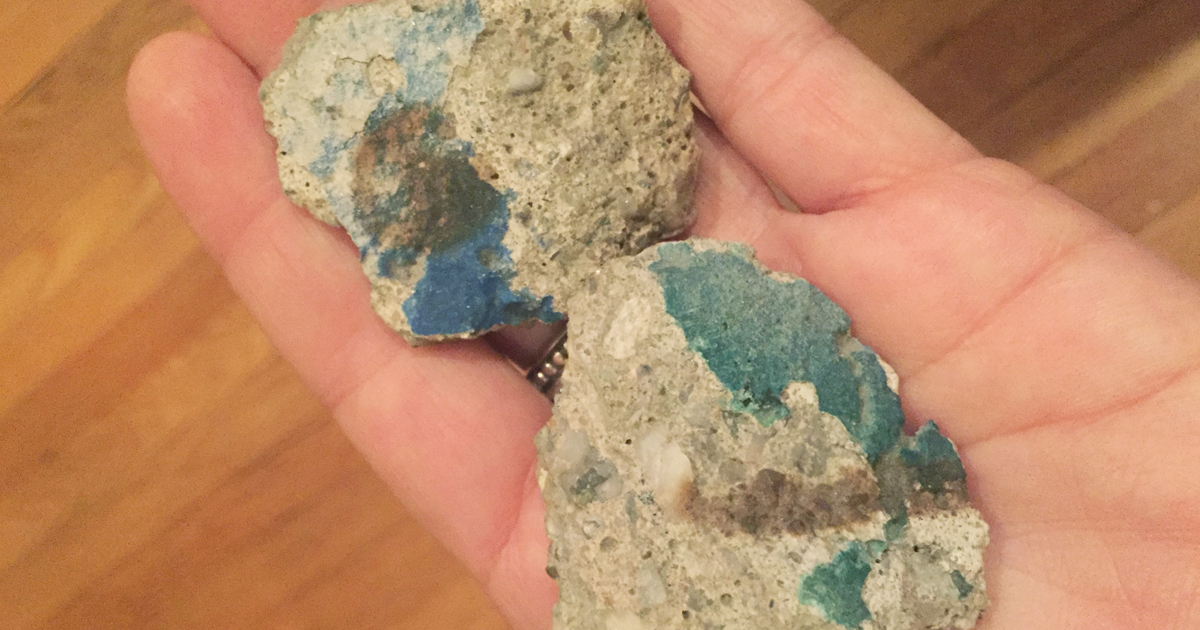
We took planes, trains, boats and mules to get around Europe. We connected with others, asked questions, and learned about people, poverty, politics, art and cultures. We learned about life experientially. We bought chisels and chipped off pieces of the Berlin Wall.
I take great care of those small and spray-painted chunks of freedom. I can hold in my hands pieces of the Berlin Wall while watching TV news pundits talk about a Mexico Wall.
Speaking of freedom ...
Education is freedom.
I have created so many memories and have tangible evidence—evidence of my life thus far. Most young people today don't print their photos or process things long enough to write diary entries. Much of what they create is made and saved digitally. They quick-release their experiences in 140 characters or in a single-pic post. Kids need more proof of their efforts, thoughts and feelings. They need more than tablets and clouds.
They need evidence. They need tangibles. They need memories.
Many of the best practices we can apply to materialize our life experiences are tried and true. Here are a few suggestions that will inspire your students to reflect on and share meaningful memories:
✏️Write poems, short stories and rap songs.
✏️Handwrite daily journal entries.
✏️Make scrapbooks with printed photos and text.
✏️Film short scenes from daily life.
✏️Collect topical newspaper clippings.
✏️Create a memory box (of mementos).
✏️Interview relatives about family history.
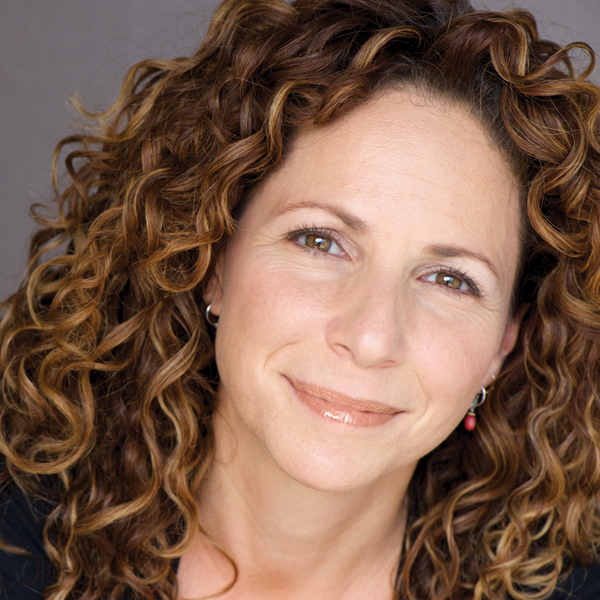 Written by Meredith Scott Lynn, Founder & CEO of WRiTE BRAiN BOOKS. WRiTE BRAiN BOOKS are richly illustrated, textless books that inspire students of all ages to write during expanded learning hours.
Written by Meredith Scott Lynn, Founder & CEO of WRiTE BRAiN BOOKS. WRiTE BRAiN BOOKS are richly illustrated, textless books that inspire students of all ages to write during expanded learning hours.

